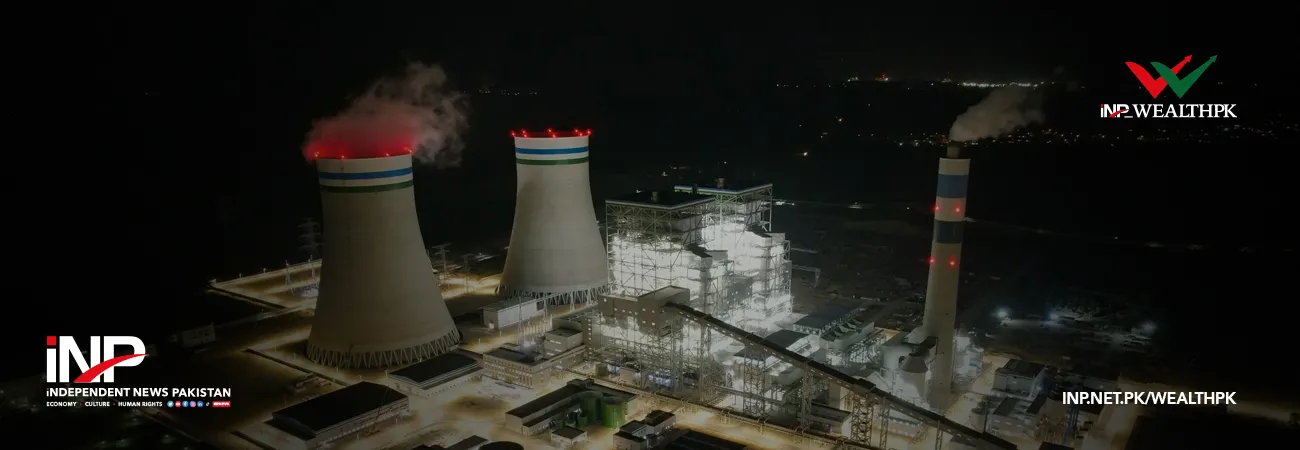i INP-WEALTHPK
Amir Saeed
Pakistan needs to increase the share of nuclear power in its energy mix to effectively meet the escalating energy demand, stabilize the faltering economy and promote environmental sustainability by cutting reliance on the imported fossil fuels.

Talking to WealthPK, Afia Malik, an energy expert at the Pakistan Institute of Development Economics (PIDE), said the country had already made notable strides in its nuclear energy program, with several nuclear power plants contributing a substantial portion to its energy mix. Nuclear power accounts for around 17% of the total electricity generation, and this figure is expected to rise, as the government commits to increasing its nuclear capacity. She further said the environmental benefits of nuclear energy were particularly significant. As a country prone to the impacts of climate change, transitioning to cleaner energy sources is essential. Nuclear power generates electricity with minimal greenhouse gas emissions, thereby helping the country meet its international climate commitments. She pointed out that nuclear energy could enhance energy security – a pressing concern for the nation.
The country is facing frequent energy shortages and price fluctuations due to its heavy reliance on the imported fossil fuels. “By investing in nuclear power, the country can reduce its vulnerability to the global energy market volatility and enhance its energy independence. This strategic shift will not only stabilize energy prices but also provide a more predictable energy supply for households and businesses alike,’’ she said. Talking to WealthPK, Tauseef Farooqi, former chairman of the National Electric Power Regulatory Authority (Nepra), opined that the development of new nuclear power plants and modernization of the existing facilities will not only strengthen energy production but also enhance the national grid’s reliability. By expanding its nuclear power, the country can reduce its reliance on the fossil fuels and move towards a more balanced and resilient energy portfolio.
“In a region where air pollution and environmental degradation pose serious health risks, the shift to nuclear energy can substantially reduce these challenges. Furthermore, by cutting reliance on coal and natural gas, the country can improve the air quality and promote a healthier environment for its people,’’ he said. He pointed out that the nuclear energy had both economic and environmental benefits, which were essential for development. Development of nuclear facilities creates jobs not only in the construction and operation of power plants but also in research, development, and related industries. “This will help develop a skilled workforce and the growth of ancillary industries, ultimately contributing to economic diversification. Moreover, a stable and reliable energy supply is essential for attracting foreign investment and fostering industrial growth.
By strengthening its nuclear capacity, the country can create an environment conducive to economic development and technological advancement.’’ He suggested that the nuclear energy expansion issues must be resolved. Public perception and concerns about safety, particularly in the wake of global nuclear incidents, must be managed through an open dialogue and stringent regulatory frameworks. “Investment in safety technology and solid disaster preparedness plans would be crucial for building the public trust. Additionally, fostering partnerships with established nuclear nations would provide the country with the technical expertise and resources needed to navigate these challenges effectively,’’ the Nepra ex-chairman added.
Credit: INP-WealthPk









